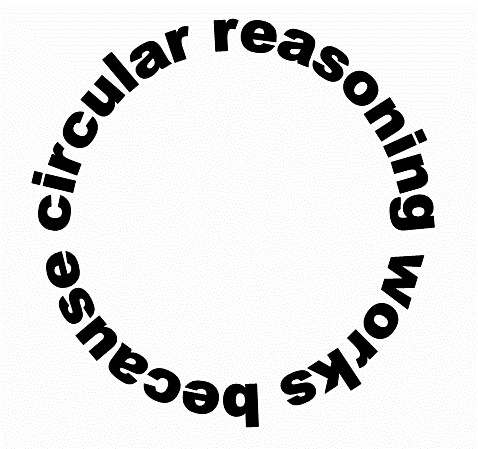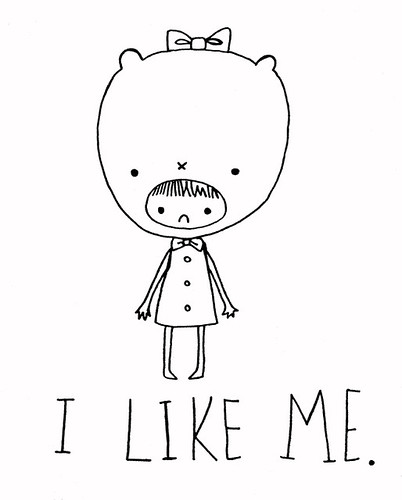Here’s How Little Sleep Can You Get Away With
e New York Times has an interesting article on the subject but the takeaway is here: In what was the longest sleep-restriction study of its kind, Dinges and his lead author, Hans Van Dongen, assigned dozens of subjects to three different groups for their 2003 study: some slept four hours, others six hours and others, for the lucky control group, eight hours — for two weeks in the lab... ...Not surprisingly, those who had eight hours of sleep hardly had…
2 minutes
Is expecting others to be selfish a self-fulfilling prophecy?
a Eurekalert: The expectations people have about how others will behave play a large role in determining whether people cooperate with each other or not. And moreover that very first expectation, or impression, is hard to change. "This is particularly true when the impression is a negative one," says Michael Kurschilgen from the Max Planck Institute for Research on Collective Goods in Bonn, summarising the key findings of a study in which he and his colleagues Christoph Engel and Sebastian…
1 min read
Do positive expectations and fantasies help you achieve goals?
sitive expectations do. Positive fantasies don't: Two forms of thinking about the future are distinguished: expectations versus fantasies. Positive expectations (judging a desired future as likely) predicted high effort and successful performance, but the reverse was true for positive fantasies (experiencing one's thoughts and mental images about a desired future positively). Participants were graduates looking for a job (Study 1), students with a crush on a peer of the opposite sex (Study 2), undergraduates anticipating an exam (Study 3), and…
2 minutes
Being Ethical Can Hurt Your Income
is paper empirically investigates the link between ethics, earnings and gender. Using a self-reported measure from a longitudinal survey of registrants for the Graduate Management Admissions Test, we find that ethical character is negatively associated with males’ wages. For females, however, this relationship doesn’t hold. In addition, using measures of the degree to which ethics is emphasized in business school curricula as an indicator for enhancement of individual ethical standards of graduates, we investigate variation in the returns to an…
1 min read
Do hungry judges give harsher sentences?
e judicial rulings based solely on laws and facts? Legal formalism holds that judges apply legal reasons to the facts of a case in a rational, mechanical, and deliberative manner. In contrast, legal realists argue that the rational application of legal reasons does not sufficiently explain the decisions of judges and that psychological, political, and social factors influence judicial rulings. We test the common caricature of realism that justice is “what the judge ate for breakfast” in sequential parole decisions…
1 min read
Here’s Why Married Men Earn More Than Single Men
is article investigates how marriage affects the wages of men in Germany. A variety of reasons have been proposed for why married men earn higher wages than single men; however, previous tests of the leading explanations have been inconclusive. Using data from the German Socio-Economic Panel, it is found that married men enjoy a wage premium even after controlling for self-selection into marriage. In contrast to the popular household specialization hypothesis, men do not substantially reduce their housework time following…
1 min read
Here’s How Your Self-Esteem Affects Your Salary
cent research in economics suggests a positive association between self-esteem and earnings. Using the National Longitudinal Survey of Youth (NLSY), which administered the Rosenberg Self-Esteem Scale during its 1980 and 1987 interviews, I provide further evidence for the existence of a self-esteem premium by exploiting variation in these measures between the two years. I show that self-esteem in 1980 has a sizeable impact on wages 8 years later, controlling for a wide set of individual characteristics and addressing problems of…
1 min read
Are the unemployed discriminated against in hiring?
e were surprised to find that, all things being equal, unemployed applicants were viewed as less competent, warm and hireable than employed individuals," said lead researcher Geoffrey Ho, a doctoral student in human resources and organizational behavior at the UCLA Anderson School of Management. "We were also surprised to see how little the terms of departure mattered. Job candidates who said they voluntarily left a position faced the same stigma as job candidates who said they had been laid off…
1 min read








